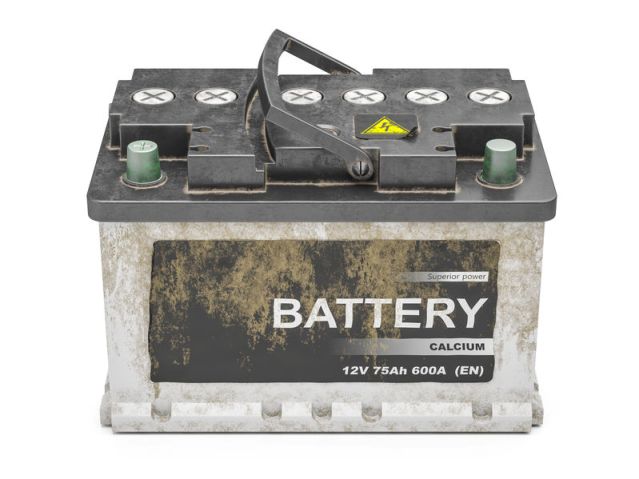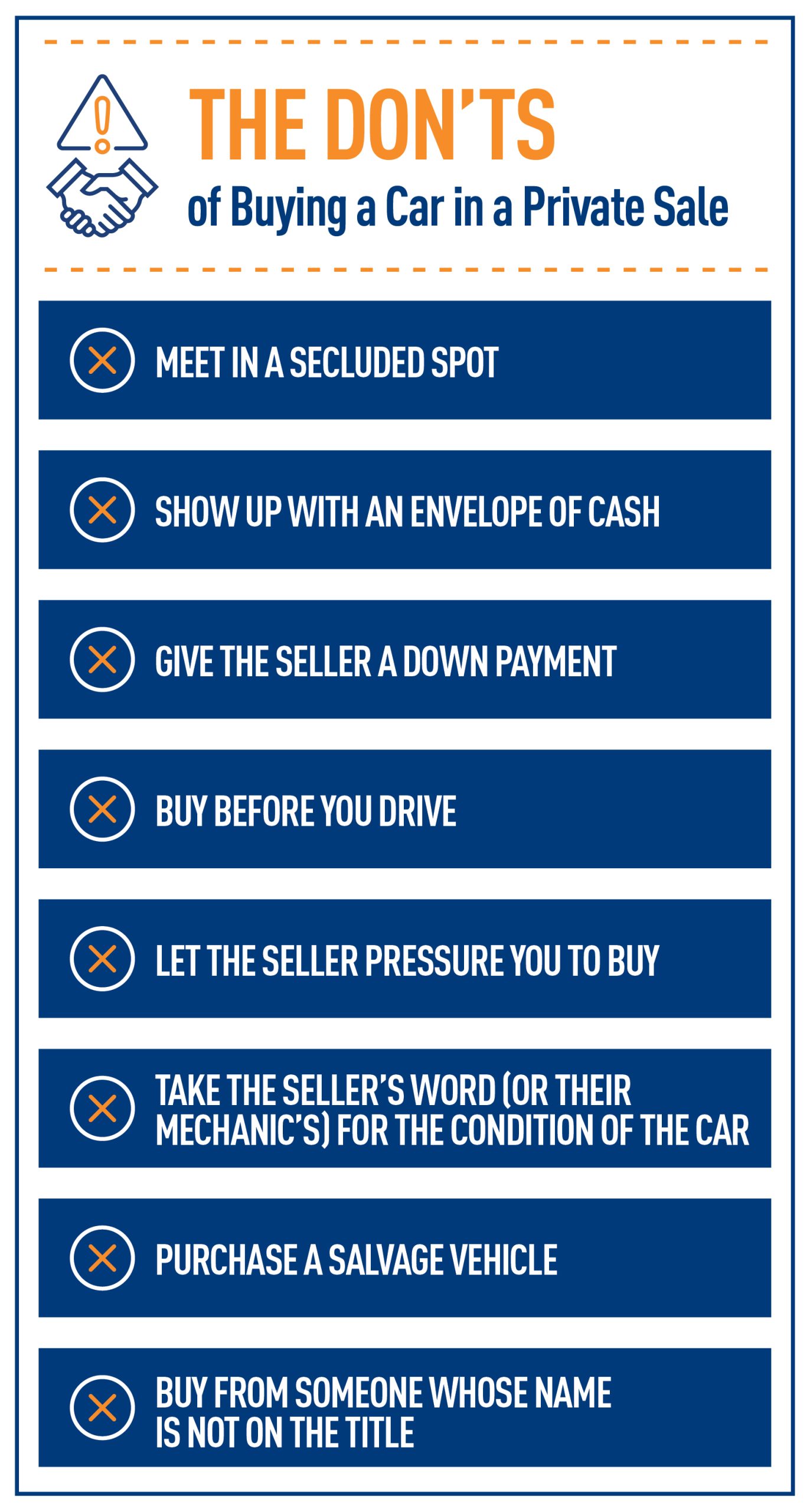Where Should I Buy a Used Car
To purchase a used car, consider a reputable dealership or an online marketplace. Ensure they offer certified pre-owned options for additional reliability.
In the market for a used car, buyers often face the challenge of selecting a trustworthy source to make their purchase. Finding the right vehicle involves balancing cost, condition, make, and model preferences while securing a good deal. Opting for a certified pre-owned car through a recognized dealership can provide peace of mind, thanks to rigorous inspections and extended warranties.
Meanwhile, online automotive marketplaces have risen in popularity, offering extensive inventories, user reviews, and convenient digital buying experiences. Whether you prioritize certified reliability or the breadth of choice, selecting a platform with a strong reputation and transparent practices remains crucial for a satisfying used car purchase.

Credit: www.travelers.com
Weighing The Options For Pre-owned Purchases
Welcome to the ultimate guide on securing your next vehicle. Today, we delve into where to buy a used car. The quest for the perfect pre-owned car involves a myriad of choices. Let’s help you navigate this path.
Dealership Advantages
Dealerships stand out with compelling reasons to buy from them. They offer various services including:
- Certified Pre-Owned Programs: These cars pass thorough inspections and come with warranties.
- Friendly Financing Options: Often, dealers provide flexible payment plans and trade-in options.
- Multi-Brand Selection: Explore cars from different brands all in one spot.
Private Seller Pros And Cons
| Pros | Cons |
|---|---|
| Potential for Lower Prices | No Warranty |
| Direct Negotiation | Unclear Vehicle History |
| Immediate Ownership Transfer | Possible Hidden Defects |
Buying from a private seller can save money. Yet, the lack of security and potential unknowns may impact your decision.

Credit: www.goautocity.com
Online Platforms And Marketplaces
Exploring online platforms and marketplaces offers a vast selection of used cars from the comfort of home. With a few clicks, buyers browse hundreds of options. Major sites list vehicles from dealers and private sellers.
Navigating Virtual Listings
Virtual listings have changed the used car shopping game. Online inventories allow for sophisticated search filters, such as make, model, price range, and mileage.
- Check out detailed photos and car histories.
- Contact sellers directly through the platform.
- Read reviews and compare prices effortlessly.
Always review a seller’s ratings before engaging. This ensures a safe and transparent purchase.
Securing Deals Through Apps
Mobile apps streamline the car buying experience. Users receive instant notifications on price drops and new listings.
| App Features | Benefits |
|---|---|
| Save Favorites | Monitor selected cars |
| Direct Messaging | Chat with sellers quickly |
| Loan Calculators | Estimate financing options |
Download a reliable car marketplace app to start. Look for apps with positive user reviews. Secure the best deals with in-app negotiations.
Evaluating Certified Pre-owned Programs
Thinking about buying a pre-owned car? Certified Pre-Owned (CPO) programs offer valuable perks that make them a top choice. CPO programs provide more than just a used car—they come with assurances like warranty and reliability that stand out from typical used car purchases. Let’s dive into the world of CPO programs and uncover the benefits.
The Certification Difference
Every car in a Certified Pre-Owned program goes through rigorous testing. Unlike standard used vehicles, CPO cars meet specific age and mileage criteria. Mechanics trained by the manufacturer conduct detailed inspections, often covering 100+ points. This process ensures each vehicle is in top condition. Buyers rest easy knowing their CPO car meets strict standards.
Warranty And Reliability Benefits
One of the biggest advantages of CPO cars is their extended warranty. This warranty often surpasses the original factory warranty, offering peace of mind for owners. Some programs even include special financing rates and roadside assistance. Here’s a quick list of warranty and reliability benefits:
- Extended Warranty: Longer protection than new-car warranties.
- Thorough Inspection: Vehicles undergo detailed checks.
- Roadside Assistance: Most programs provide 24/7 help.
- Vehicle History Report: Access to a car’s full history.
- Special Financing: CPO cars often come with lower rates.
Remember, not all CPO programs are the same. Choose a CPO vehicle based on the program features that best fit your needs. Research and compare different manufacturers’ CPO benefits. A smart choice now ensures a reliable vehicle for years to come.
Local Dealerships Vs. National Chains
Deciding where to buy a used car? It’s a big decision. Compare local dealerships and national chains before you choose. Each offers unique benefits to consider.
Personalized Service At Local Dealers
Local dealerships provide a personal touch. They can offer one-on-one service. This makes your experience special. Their reputation depends on customer satisfaction. They often go the extra mile for you.
- Build Relationships: You can form a long-lasting bond with the seller.
- Local Insights: Dealers know your area’s vehicle needs better.
- Tailored Options: Cars that suit the local market.
Extensive Selection At Large Retailers
Big retailers boast a vast inventory. They provide varied options to choose from. You are likely to find the perfect match for your needs.
| Benefits of Large Retailers | |
|---|---|
| More Choices | Diverse range from economy to luxury cars. |
| Standardized Processes | Buying process is clear and streamlined. |
| Certified Pre-Owned Programs | Many offer manufacturer-backed warranties. |
Inspection And Vehicle History Considerations
Buying a used car involves meticulous checks. Priority lies in the car’s condition and its history. These elements greatly impact value and safety. Let’s explore inspection and vehicle history in detail.
The Importance Of A Thorough Inspection
Never skip the inspection step. It uncovers potential problems. You should check the following:
- Exterior: Look for dents, rust, and tire condition.
- Interior: Check electronics, seats, and odors.
- Mechanics: Test drive to assess engine, brakes, and more.
A mechanic’s evaluation ensures reliability. They spot issues you might miss. Trust their expertise for a secure investment.
Understanding Vehicle History Reports
Vehicle history reports give insight into the car’s past. They highlight:
| Title Status | Accident History | Service Records |
|---|---|---|
| Check for salvaged or rebuilt titles. | Know prior accidents and damages. | Assess regular maintenance and repairs. |
Reports often list ownership timelines too. These details paint a clear picture. Aim for cars with a clean, consistent record for best value.

Credit: www.bankrate.com
Negotiation Tactics For The Best Deal
Getting a great deal on a used car takes skill and planning. Understanding how to negotiate can lead to significant savings. Utilize smart tactics to drive the price down.
Preparing To Bargain
Kick off negotiations on the right foot. Here’s how:
- Research: Know market prices for your desired model. Use car valuation tools online.
- Inspect: Get a mechanic’s inspection to find potential issues. Use these as leverage.
- Quotes: Collect quotes from multiple sellers. Discuss these offers as competitive benchmarks.
- Finances: Secure financing beforehand. Show the seller you’re a serious buyer.
Timing Your Purchase
When you buy can impact how much you pay. Consider these timing tips:
| Time Period | Advantage |
|---|---|
| End of the Month: | Dealers strive to hit quotas. They may accept lower offers. |
| Holiday Sales: | Deals are common. Sellers are eager to meet year-end goals. |
| Winter Months: | Demand is low. Dealers are more willing to negotiate. |
Use this knowledge to your advantage. Time your approach for the best possible deal.
Closing The Deal With Confidence
Finding that perfect used car feels great, but the real victory is sealing the deal with confidence. This crucial stage involves understanding the intricacies of paperwork and ensuring a smooth payment process. Keep reading to confidently navigate through the final steps of your used car purchase.
Paperwork and Payment ProcessPaperwork And Payment Process
The paperwork and payment process is where the sale becomes official. Prepare for this step:
- Vehicle Title: Check the vehicle title for liens; it should be clean.
- Bill of Sale: Request a detailed bill of sale with the date and correct vehicle information.
- Odometer Disclosure: Confirm the mileage is recorded accurately.
- Sales Tax: Be aware of the sales tax needed for your location.
For payments, consider the method:
| Payment Method | Pros | Cons |
|---|---|---|
| Cash | No debt incurred | Less record of the transaction |
| Certified Check | Secure | May take time to clear |
| Loan | Spreads out payments | Interest accrues over time |
Post-purchase Tips
After closing the deal, don’t forget these post-purchase tips to keep your car and peace of mind in top condition:
- Get Insurance: Secure your investment with the right coverage.
- Register Your Vehicle: Complete this at the department of motor vehicles quickly.
- Service Your Car: Schedule a full service to ensure your car is road-ready.
Maintain records of all documents and services. These steps add to your car’s longevity and value. Tackle the adventure of a used car purchase head-on, finishing the process with confidence and a smile!
Frequently Asked Questions For Where Should I Buy A Used Car
Where Is The Best Place To Look For A Used Car?
The best place to search for a used car is through reputable online automotive marketplaces, local dealerships, and classified advertisements. Check out websites such as AutoTrader, Cars. com, and eBay Motors for a wide selection of pre-owned vehicles.
What Is The Most Trusted Site For Used Cars?
AutoTrader is widely regarded as the most trusted site for purchasing used cars, known for its extensive listings and consumer trust.
How Many Miles Is Too Many For A Used Car?
A used car with over 100,000 miles may be considered high, but condition and maintenance history are key factors to consider.
Is Carvana Better Than Carmax?
Carvana and CarMax cater to different needs; Carvana offers a fully online experience, while CarMax has physical locations for in-person support. Preference depends on your buying style.
Conclusion
Deciding where to purchase a used car marks a significant financial choice. Research your options thoroughly. Local dealerships, online platforms, and private sellers each have their own benefits. Prioritize reliability, transparency, and value. Trust is key in making your investment a success.
Happy car hunting!



